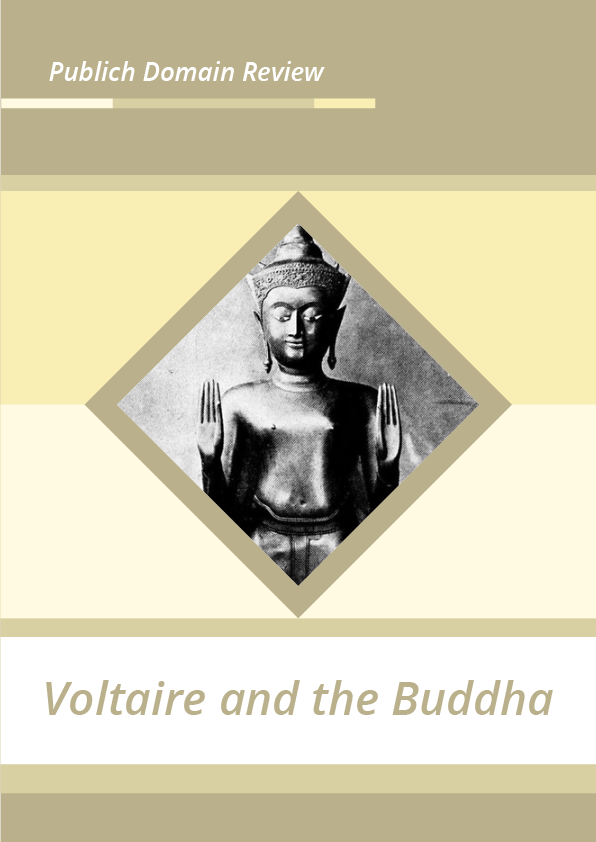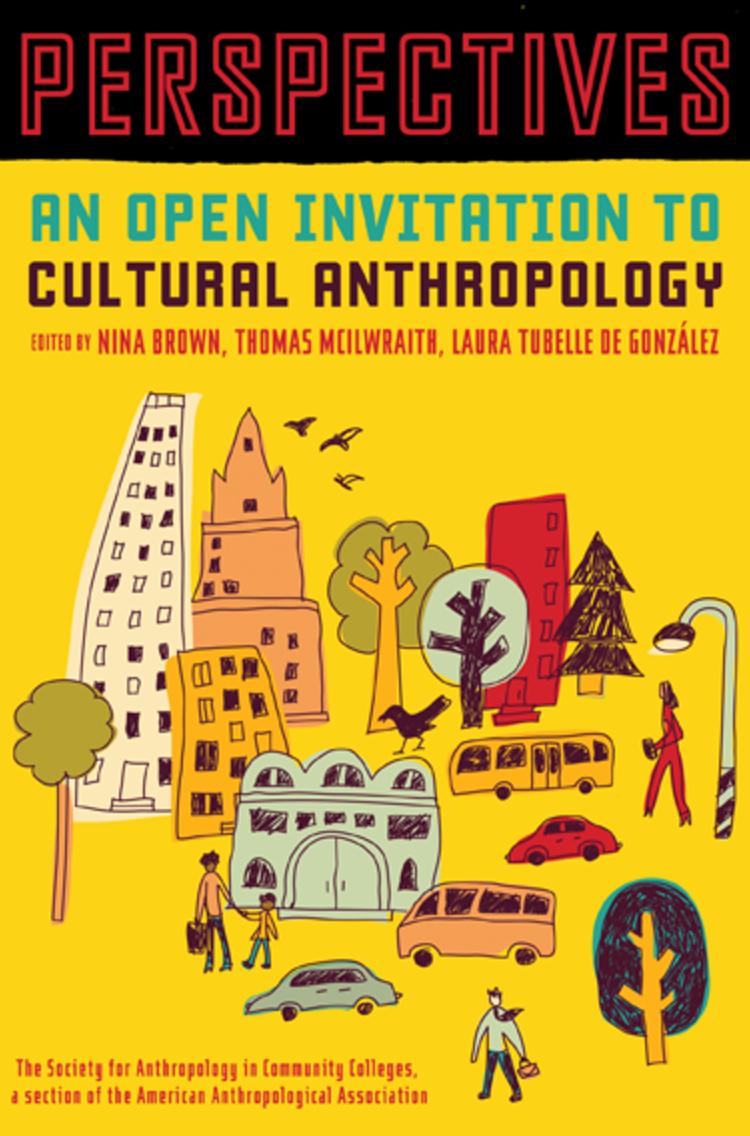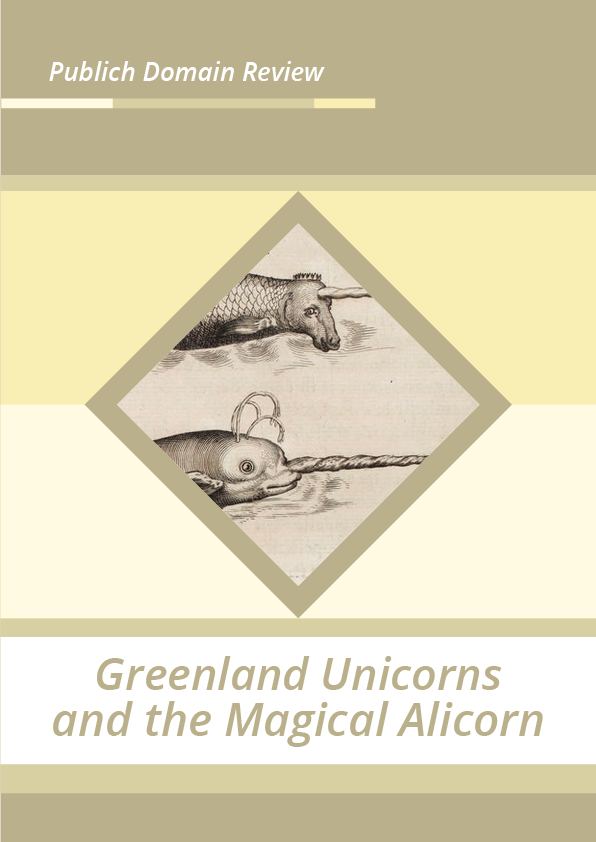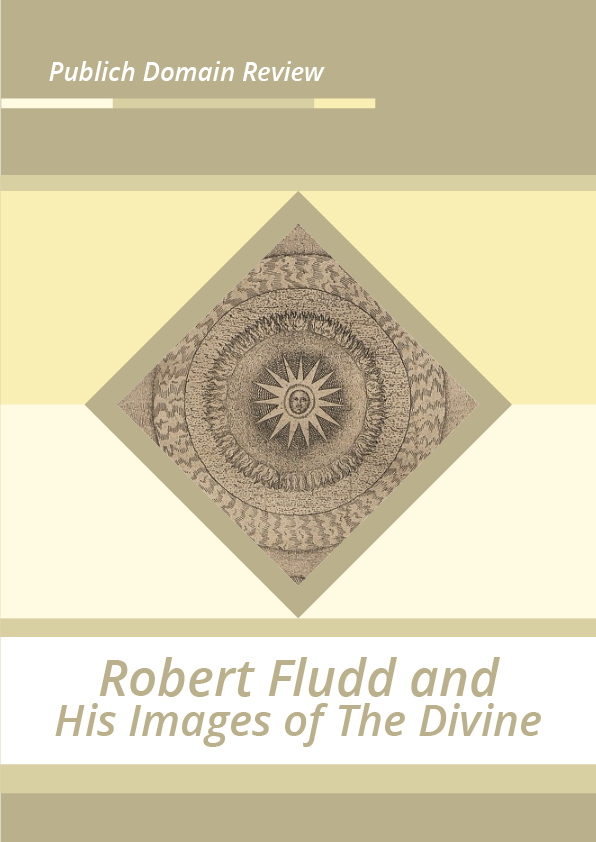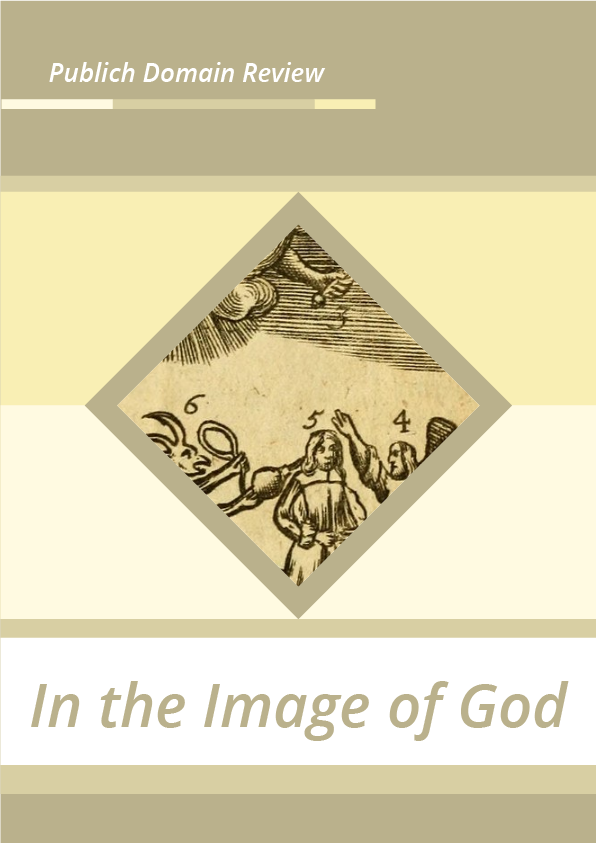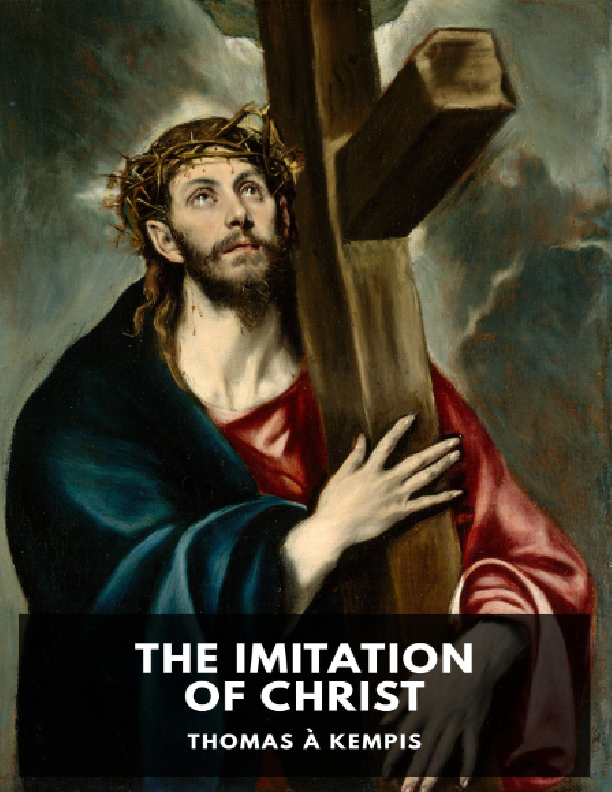Donald S. Lopez, Jr. looks at Voltaire’s early reflections on Buddhism and how, in his desire to separate the Buddha’s teachings from the trappings of religion, the French Enlightenment thinker prefigured an approach now familiar in the West.
After Ignatius Loyola formed the Society of Jesus in 1539, he required that his missionaries send back detailed letters describing their activities and the peoples and places they encountered. In France, over the course of the eighteenth century, these were gathered together and published as Lettres édifiantes et curieuses, thirty-four volumes of which appeared between 1702 and 1776. The Jesuit accounts of far-flung lands were widely read during the Enlightenment, serving, for example, as important sources for Denis Diderot and Jean le Rond d’Alembert’s seminal Encyclopédie. The contents of the letters were various, but the Jesuits’ mission being what it was, it is perhaps not surprising that religion figured prominently, with many accounts of what would one day be called Buddhism.
Well into the nineteenth century, Europeans divided the population of the world into four nations, based on their religion: Christians, Jews, Muslims (often called Mahometans), and Idolaters. For centuries, Buddhists fell into this last category. The process of their elevation to having an “ism” of their own is too long to tell here. However, one chapter in that story would be about those Jesuits, the intrepid travelers who set out from Europe to spread the Gospel across Asia. St Francis Xavier arrived in Japan in 1549, first imagining a kinship with Buddhists; later he would condemn them. In China, Matteo Ricci first dressed as a Buddhist monk before adopting the guise of a Confucian scholar, writing works in Chinese condemning the “religion of Fo” (fo is the Chinese word for Buddha). Early reports on the Buddhism of Thailand came from delegations sent to the court of Siam by Louis XIV, delegations that included Jesuit priests.
The term “Buddhism” would not appear in English until the early nineteenth century. The Jesuits who wrote the reports and the scholars who read them did not recognize that the religions they encountered in China, Japan, Vietnam, and Thailand were somehow the same. Each had its own indigenous term for “Buddha” and each had its own artistic conventions for representing him. His portrayal as an idol and as a purveyor of idolatry did not change substantially over the course of the eighteenth century but much more information about him and his teachings began to accumulate.
The Encyclopédie of Diderot and d’Alembert was certainly the most famous of the compendia of knowledge of the Enlightenment, but it was not the only one. Inspired by it, in 1764 Voltaire published his own, which he called Dictionnaire philosophique. Like so many of his works, it was hailed by some and condemned by others. In it, he criticized the Roman Catholic Church and offered negative portrayals of Judaism and Islam. He also criticized Buddhism (although he did not use the term), but he praised the Buddha, seeking, as others would do in the centuries that followed, to separate the teacher from what would be represented as his teachings. Indeed, he devoted an entry in his dictionary to the Buddha, referring to him by the French rendering of one of his Thai epithets, Sammonocodom, that is, the śramaṇa (mendicant) Gautama.
Donald S. Lopez, Jr. is the Arthur E. Link Distinguished University Professor of Buddhist and Tibetan Studies at the University of Michigan. This essay is based on his latest book, Strange Tales of an Oriental Idol: An Anthology of Early European Portrayals of the Buddha, published by the University of Chicago Press. The translation of Voltaire’s essay that appears in the volume is by Peter Skilling.
